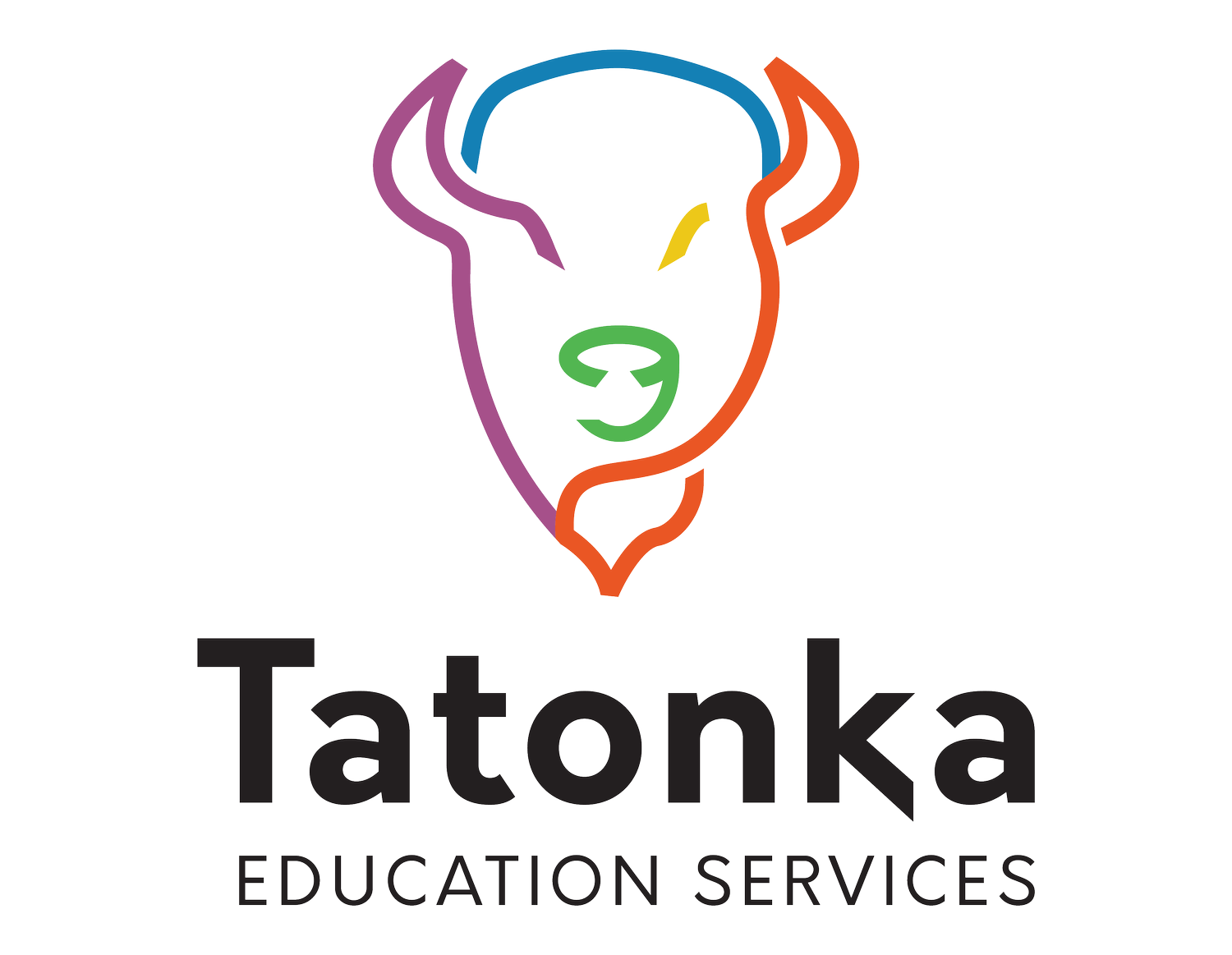The History of Education in the US | Part 3 | Charlotte Mason
Charlotte Mason (1842–1923) was an influential British educator who dedicated her life to improving the quality of children's education. Mason is known best for two major contributions to modern educational philosophies:
1) Charlotte Mason advocated for a "liberal education for all." In the 1800s, the education system focused on educating children according to social class, providing the most rigorous curriculum to upper-class male students. Charlotte Mason envisioned a different world; she advocated that children of all social classes should benefit from a broad and generous education.
2) Charlotte Mason also changed how society viewed the educational process for children. She emphasized the importance of the learning "Atmosphere" or the surroundings in which a child is raised. Mason also advocated that children must establish good habits or "Discipline" to succeed in their education. Finally, Mason developed the radical idea that children should not be given dry facts, but rather living thoughts and ideas. This concept makes the third component of the Mason educational model called "Life."
While much of Charlotte Mason's philosophy is now tied closely with homeschooling systems in the United States and abroad, her base concepts are integral to how modern educators approach the classroom.
Sources:


